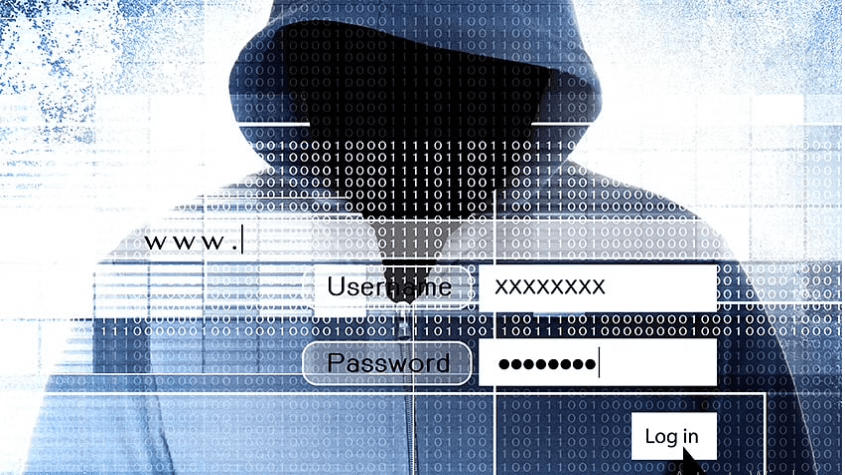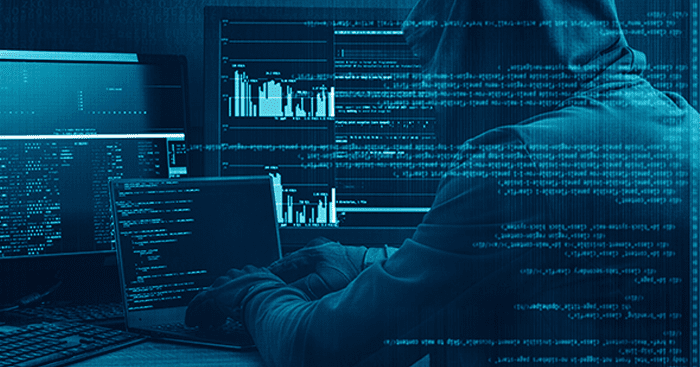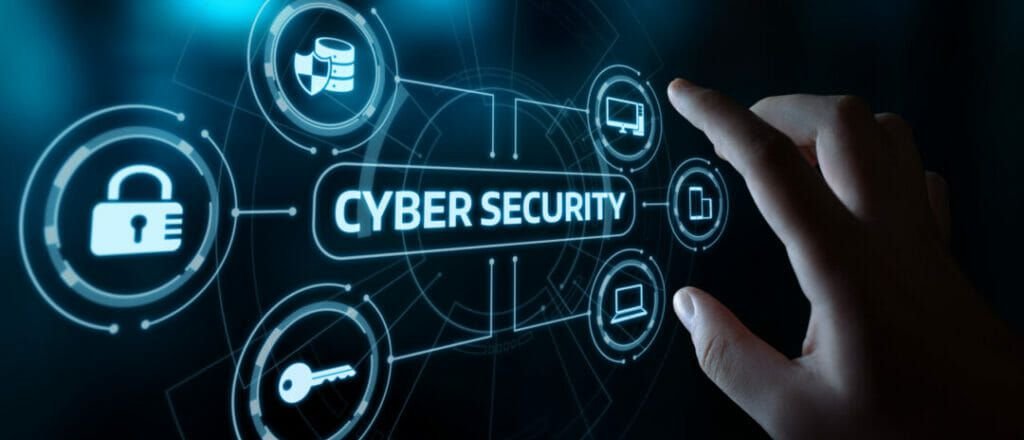Things to know before learning cyber security online
Cyber security is a growing industry and one of the world’s most important jobs. It’s not just about protecting yourself from attacks but also keeping your data safe and helping businesses grow by making them better prepared for cyber threats.
Here are six things you should know before learning cyber security online:
You need to be passionate about Cyber Security.
Learning and applying what you learn will be easier if you are passionate about cybersecurity. If your interest in cyber security is only academic and theoretical, it will be challenging for you to do anything with the presented information. You need someone who enjoys learning new things and can work hard at them when they are studying something new or challenging.
Communication skills are a must.
You’ll communicate with your team, clients, and your boss. Good communication means conveying your thoughts and feelings to others and listening to them without judgment. You should also be able to listen well and effectively use the information they share with you.
Coding skills are essential.
While not all cybersecurity professions need programming, these skills are beneficial. It will broaden your career options and give you a deeper understanding of the fundamental ideas behind network security and information security.
Cloud computing
Cloud computing is a great idea, but it has its challenges. It’s growing in popularity and is the future of technology. Cloud computing can benefit businesses and individuals who want to share resources with their partners or employees.
It will save money and time by eliminating unnecessary costs associated with maintaining physical servers in your business’s office space. However, there are many risks associated with using this method because if something goes wrong, everyone loses out—that means everyone suffers losses instead of just one person who caused it!
Need to follow industry trends and best practices
- You need to keep up with the latest technology because it will affect your work.
- You will be able to implement new technology yourself, or at least understand how it works so that you can help others implement it effectively and efficiently.
- If something goes wrong with a system that you’ve built, being able to troubleshoot quickly is key in cyber security online learning!
Ethical hacking
Ethical hacking is a subset of cybersecurity, despite the fact that it is a larger field. Any firm investing in a security architecture should be aware of each of these concepts.
Learn cyber security online with Imarticus Learning
Cyber security analyst courses provide the most effective learning opportunities for students. By taking this cyber security certification course, students will prepare for work as Cybersecurity Analysts, Penetration Testers, Incident Handlers, and members of SOC Teams.
Course Benefits For Learners:
- These cyber security training with job assurance teach students ethical hacking, penetration testing, and real-world scenarios.
- Students will also learn how to handle challenges from their instructors, who will put them through rigorous SOC team training.
- Our online cyber security course will cover the principles of security practices, techniques, tools, and tactics.
Contact us through the chat support system, or drive to one of our training centers in Mumbai, Thane, Pune, Chennai, Bengaluru, Delhi, Gurgaon, or Ahmedabad.






